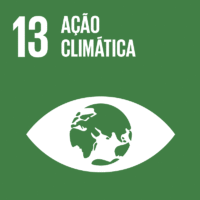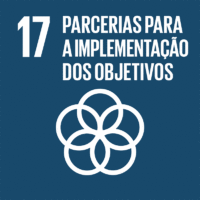Ciência_Iscte
Publicações
Descrição Detalhada da Publicação
Analyzing Twitter Data: Advantages and Challenges in the Study of UN Climate Negotiations
Título Revista/Livro/Outro
SAGE Research Methods Cases Part 2
Ano (publicação definitiva)
2019
Língua
Inglês
País
Reino Unido
Mais Informação
Web of Science®
Esta publicação não está indexada na Web of Science®
Scopus
Esta publicação não está indexada na Scopus
Google Scholar
Esta publicação não está indexada no Overton
Abstract/Resumo
Online social networks offer a great amount of information to study human behavior and social interaction. Twitter data are the most common source used by researchers due to its data accessibility. Moreover, for political scientists, Twitter data are extremely interesting due to the political nature of its conversations. However, Twitter data are still a new source in comparison to others, such as surveys and interviews. This might present a barrier for some researchers and students. This case study clarifies the initial questions students might have. In particular, we answer the questions of where to obtain Twitter data and what advantages and challenges this kind of data poses, especially in regards to network research. Our research project on the UN climate change secretariat and its role and influence during UN climate change negotiations serves as an example.
Agradecimentos/Acknowledgements
--
Palavras-chave
Twitter,Social Network Analysis,Climate Policy,International Relations,Global Environmental Politics,Research Methods,Research Design
Classificação Fields of Science and Technology
- Ciências Políticas - Ciências Sociais
Registos de financiamentos
| Referência de financiamento | Entidade Financiadora |
|---|---|
| JO 1142/2-1 | Deutsche Forschungsgemeinschaft (DFG) |
| KO 4997/1-1 | Deutsche Forschungsgemeinschaft (DFG) |
| JO 1142/1-1 | Deutsche Forschungsgemeinschaft (DFG) |
| KO 4997/4-1 | Deutsche Forschungsgemeinschaft (DFG) |
Contribuições para os Objetivos do Desenvolvimento Sustentável das Nações Unidas
Com o objetivo de aumentar a investigação direcionada para o cumprimento dos Objetivos do Desenvolvimento Sustentável para 2030 das Nações Unidas, é disponibilizada no Ciência_Iscte a possibilidade de associação, quando aplicável, dos artigos científicos aos Objetivos do Desenvolvimento Sustentável. Estes são os Objetivos do Desenvolvimento Sustentável identificados pelo(s) autor(es) para esta publicação. Para uma informação detalhada dos Objetivos do Desenvolvimento Sustentável, clique aqui.

 English
English



